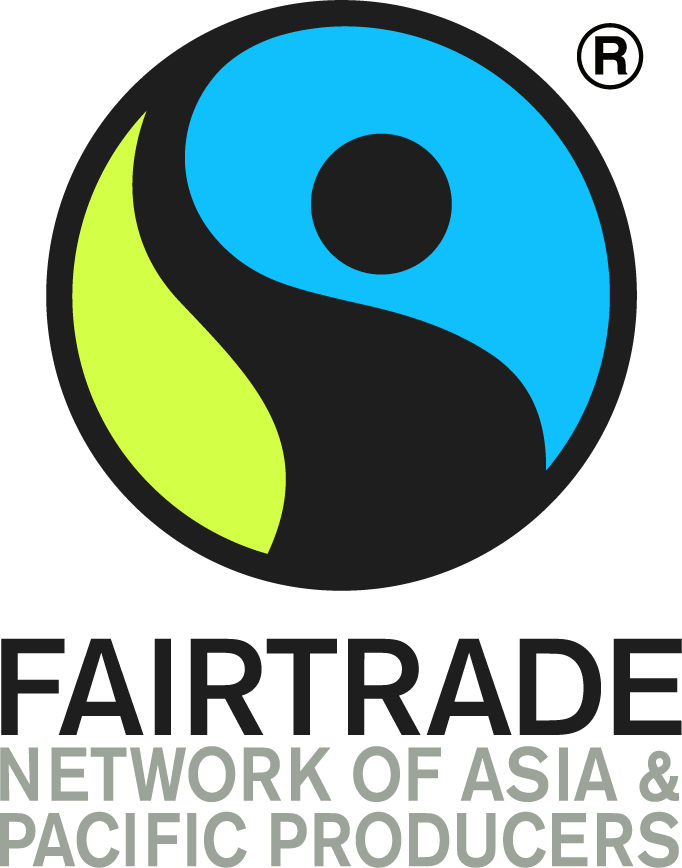Lautoka Cane Producers Association in Fiji, Step Up for Sustainability with HREDD Training supported through the ISEAL Innovations Fund
On April 29–30, 2025, the Sugar Cane Growers Council Hall in Lautoka, Fiji, became a hub for learning, dialogue, and transformation as the Lautoka Cane Producers Association (LtCPA), in collaboration with Fairtrade Network of Asia and Pacific Producers (Fairtrade NAPP) and supported through the ISEAL Innovations Fund, hosted a pivotal two-day workshop.


On April 29–30, 2025, the Sugar Cane Growers Council Hall in Lautoka, Fiji, became a hub for learning, dialogue, and transformation as the Lautoka Cane Producers Association (LtCPA), in collaboration with Fairtrade Network of Asia and Pacific Producers (Fairtrade NAPP) and supported through ISEAL Innovations Fund, hosted a pivotal two-day workshop. The event, titled "HREDD Workshop on Risk Assessment, Prevention, Mitigation, and Remediation Measures," was part of a broader Human Rights and Environmental Due Diligence (HREDD) pilot initiative aimed at empowering small-scale producers to adopt responsible and sustainable operational practices.
The workshop was designed to support cane farmers and sugar industry stakeholders to proactively manage risks across their operations and supply chains. It brought together 24 farmer members, along with farmer member representatives, traders, and stakeholders, offering them structured learning experiences and practical tools for risk management aligned with sustainability and Fairtrade standards.
Day One: Understanding the Foundations of Risk Management
The first day of the workshop set the foundation by revisiting key concepts introduced during earlier phases of the HREDD project. The day began with a recap of the first workshop, focusing on the fundamental principles of Human Rights and Environmental Due Diligence. Participants explored the importance of due diligence in promoting ethical supply chains and minimizing harm to people and the environment. This was followed by comprehensive sessions on conducting risk assessments, where participants learned to identify various categories of risks—social, environmental, operational, and governance-related—associated with sugarcane production.
The session introduced practical methodologies for assessing risks, such as using severity and likelihood as key metrics and applying the "traffic light" method to classify and prioritize risks. Facilitators guided participants through the creation of risk registers and templates tailored for small producer organizations. Group activities enabled farmers to collaboratively identify real risks present in their local context. This practical engagement helped solidify understanding and fostered peer learning. An additional session on developing risk-related action plans closed the day, where participants were encouraged to translate their assessments into clear, step-by-step strategies.


Day Two: Engaging Stakeholders and Responding to Risks
Building on the momentum from the first day, the second day of the workshop delved deeper into stakeholder engagement and risk response mechanisms. The morning began with a recap of key takeaways from Day One, followed by an insightful session on stakeholder mapping. Participants were introduced to the roles and distinctions between stakeholders, rightsholders, and duty bearers—an area many found enlightening. Discussions centered on the need for inclusive stakeholder engagement in risk validation and decision-making, especially in smallholder contexts where community dynamics play a crucial role.
The next session focused on risk validation techniques, including methods for triangulating data through field assessments, community consultations, and statistical analysis. Participants were encouraged to critically evaluate the accuracy and completeness of their risk assessments and to explore tools for ongoing monitoring. Following this, the workshop turned toward risk mitigation and remediation planning, providing practical approaches for reducing identified risks. These included integrating sustainability best practices, implementing early-warning systems, and developing partnerships with service providers and authorities to support preventive measures.
Throughout the day, participants engaged in group discussions and scenario-based exercises that contextualized these practices within the sugarcane supply chain in Fiji. The workshop concluded with a collaborative session where each group presented a draft action plan for integrating HREDD-aligned risk management strategies into their organizational practices. This peer-sharing component was especially valuable, allowing participants to learn from one another’s experiences and insights.
A Collaborative Path Forward
The two-day workshop was highly interactive and supported by expert facilitation from Raj Bhushan Roy; HREDD- Program Manager from Fairtrade NAPP with the support of Abhinesh Chand, Program Consultant, Fiji. Their guidance ensured that the sessions were practical, inclusive, and adapted to the realities faced by Fiji’s sugar producers. Participants were encouraged to ask questions, seek clarification, and apply their learnings in real-time.
Immediate impacts of the training included increased awareness of internationally recognized human rights and environmental risks, improved understanding of assessment methodologies, and stronger capacity to develop and implement risk mitigation strategies. The LtCPA President, in his closing remarks, expressed strong support for the HREDD initiative and affirmed the association’s commitment to undertaking a formal risk assessment with NAPP's assistance ahead of two scheduled dialogue events later in the year.
Looking Ahead
The momentum generated by the workshop sets the stage for continued capacity building and collaboration. LtCPA is expected to complete its risk assessment by June and participate in two key stakeholder dialogues this yea. These events will further reinforce the importance of inclusive, data-informed, and rights-based approaches to sustainability.
Voices from the Field
Participants praised the training for its relevance and impact.
“I have learnt about the risks associated with sugarcane production and how to assess and prioritize them. This will help us take better care of our environment and our business.- Saleshni Devi, member
Another participant, Ramiza Ali, highlighted the importance of collective learning:
